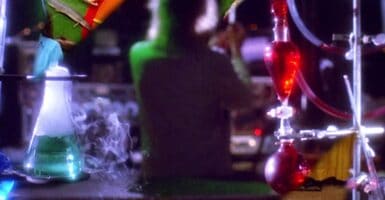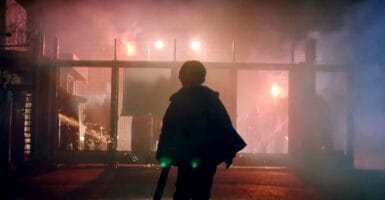Iconic Sci-Fi Novelist Disowned His Greatest Novel
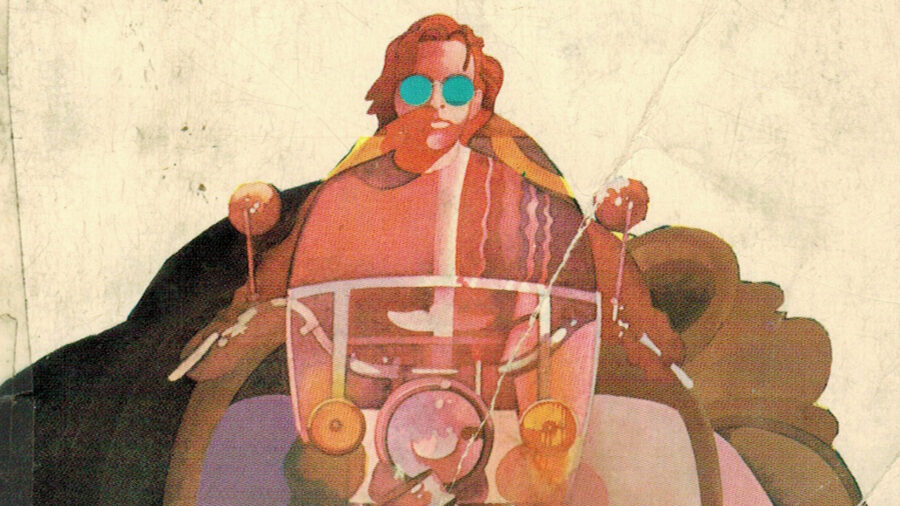
British author Anthony Burgess said he never should have written A Clockwork Orange due to the risk of misunderstanding his purpose. The author feared that his words would be mistaken by the masses, and Stanley Kubrick’s on-screen interpretation of the novel proved that his fears were in fact legitimate.
Based On A Real-Life Incident
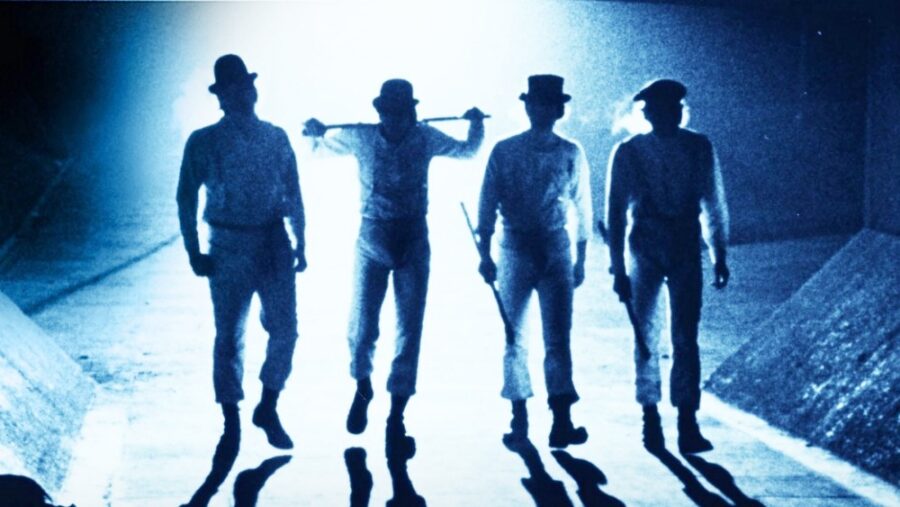
Burgess’s inspiration for the notable novel came after an incident with his first wife took place in 1942. Anthony’s wife was brutally beaten and assaulted by three American deserters.
She was pregnant and subsequently lost the baby and, eventually, her life. Burgess wanted to write A Clockwork Orange to expose and address the rising crime rates among British youths. Burgess looked to ask a philosophical question about the problem of free will.
He wanted to expose the trouble with the influence of the state on the free will of the youth.
Not Glorifying Violence
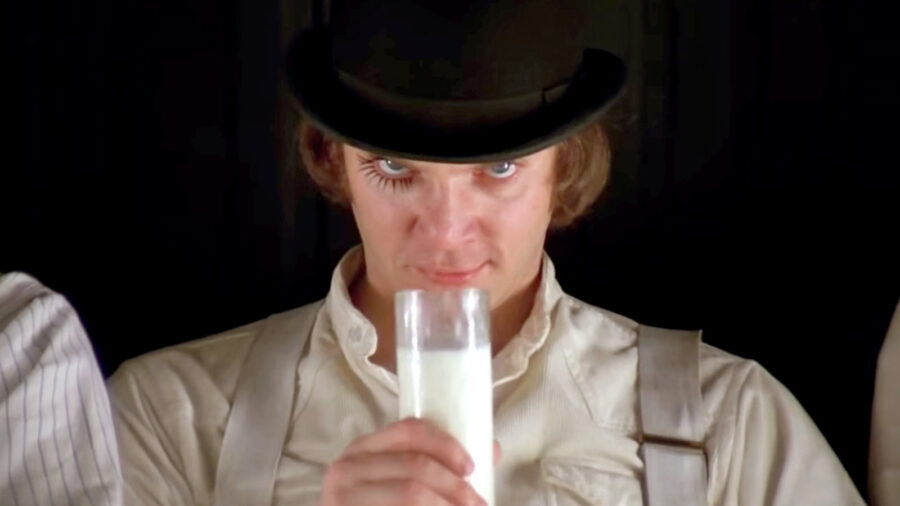
He certainly did not intend to glorify or encourage violence, and it’s not hard to see why when you consider the connection between the story of the novel and the trauma he suffered in his own life.
In the film version of A Clockwork Orange, a man whose wife is raped by the lead character, Alex, and his “droogs” is also a writer.
He is in the middle of finishing up a manuscript that is itself titled “A Clockwork Orange”. Ultimately, the man whose wife is assaulted gets some kind of sick revenge on Alex, but does it really change anything in the end?
Two Different Endings
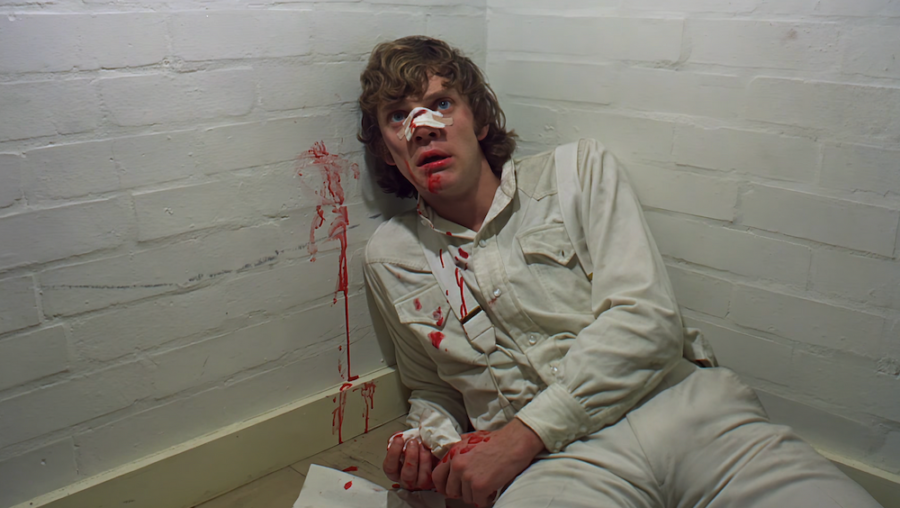
The end of the story is worth mentioning here, too. The movie and the novel tell a different ending to an undeniably troubling situation.
Kubrick considered the ending proposed in previous chapters of the novel to be more suggestive and entertaining, so the film disregarded and ejected the presence and story of the novel’s chapter 21.
At the end of the screen version of A Clockwork Orange (and the American cut of the novel), Alex doesn’t actually reform his ways. He returns to a life of violence. The Ludovico technique was reversed and Alex was once again able to commit acts of violence without being sick.
Another Encounter
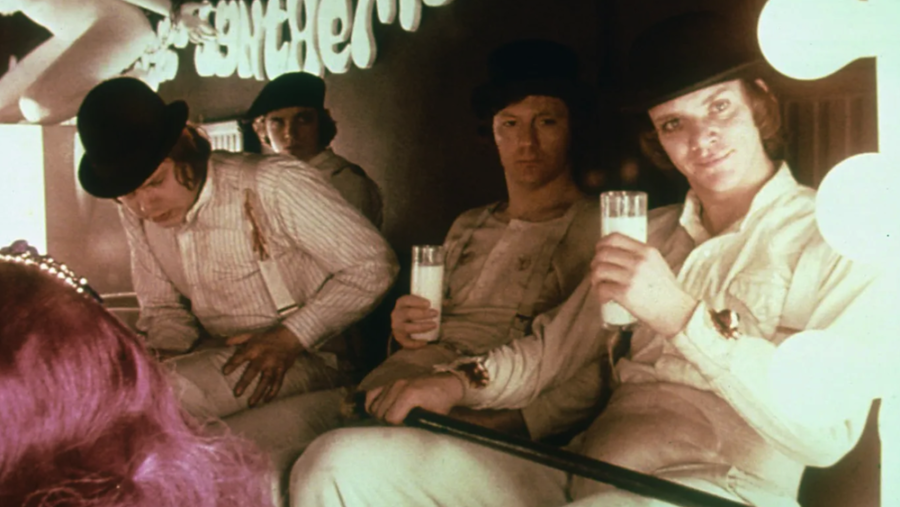
In Burgess’s original text, Alex (lover of ultraviolence) has an encounter with one of his former “gang” members (or droogs) and finds that he is married and has his own apartment.
The meeting causes him to reflect on his own life and he ultimately chooses to turn from his violent ways, get married, and start a family of his own.
Very Clear Feelings
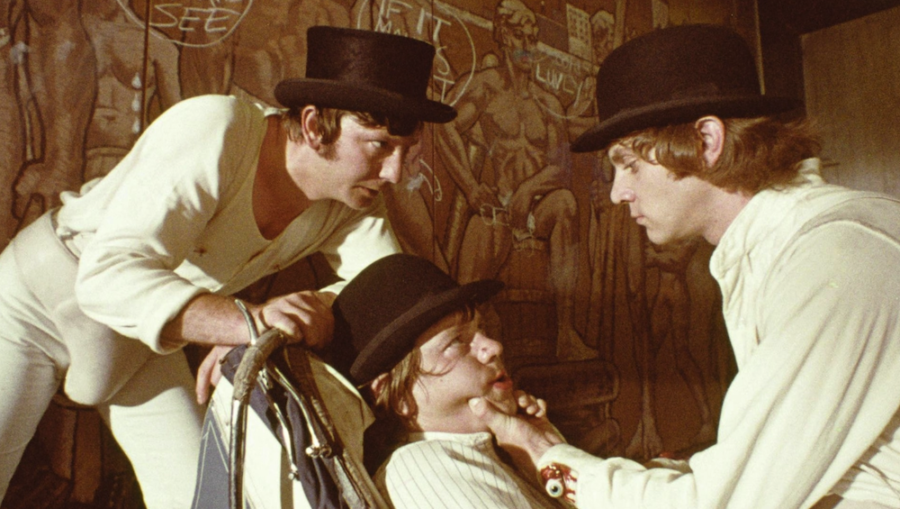
Though A Clockwork Orange made Kubrick and Burgess a lot of money and won them a lot of awards over the years, Anthony has been very clear regarding his sentiments towards the book.
In the prologue to the 1986 American reissue of the novel, Burgess had little to say about the merits of A Clockwork Orange, crediting Kubrick’s on-screen portrayal of the story as the only reason the public still cared about the book.
A Final Quote
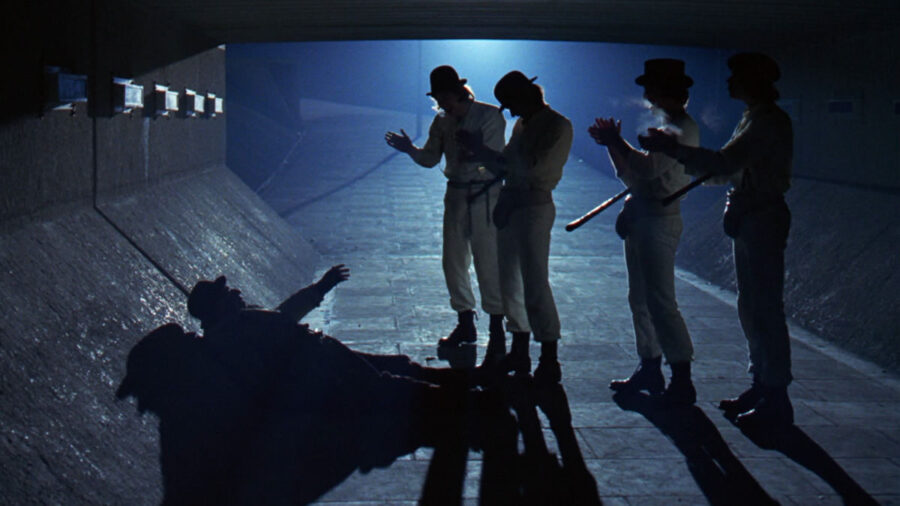
“I first published the novella A Clockwork Orange in 1962, which aught to be far enough in the past for it to be erased from the world’s literary memory. […] Unfortunately, my little squib of a book was found attractive to many because it was as odorous as a crateful of bad eggs with the miasma of original sin”.
Source: Culture











